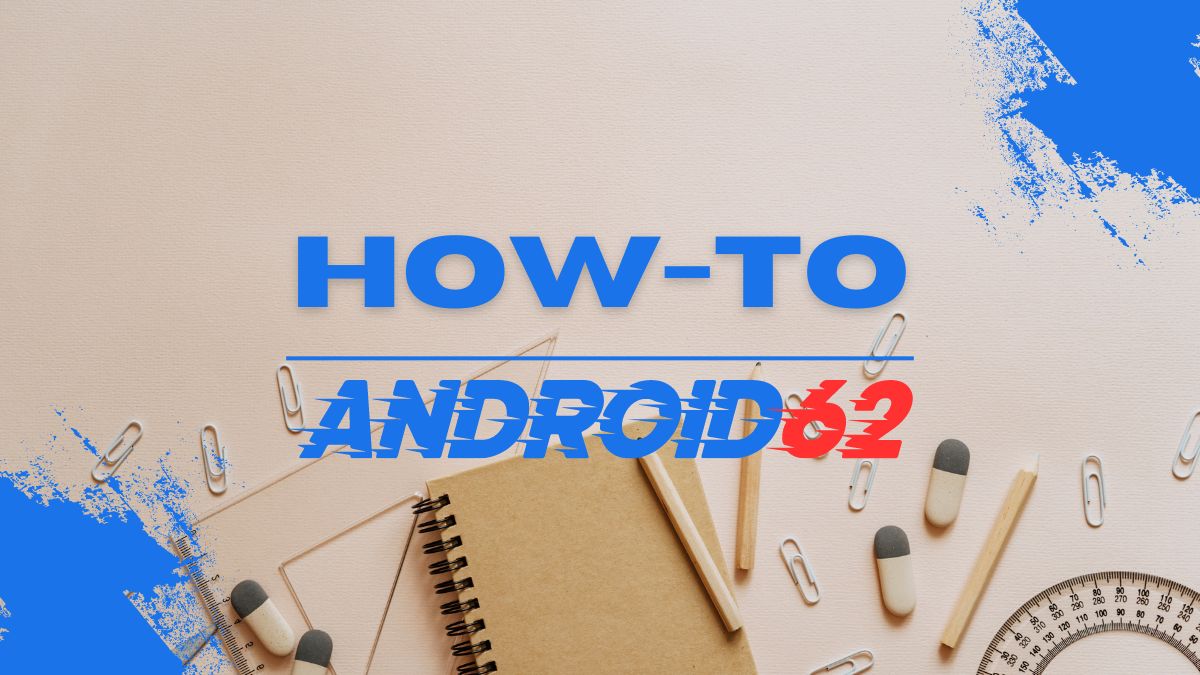
Having greasy hair can be frustrating and affect your confidence. Excessive oil production can make your hair look limp, flat, and unkempt. However, there are several strategies you can implement to reduce the greasiness and improve the overall health of your hair. By following these tips and tricks, you can achieve fresh, clean, and voluminous hair that you will be proud to show off.
1. Wash Your Hair Correctly
- Use lukewarm water: When washing your hair, make sure to use lukewarm water instead of hot water. Hot water can strip your scalp of its natural oils, causing it to produce more oil to compensate.
- Avoid overwashing: Washing your hair too frequently can actually make it greasier. Try to wash your hair every other day or every two days to allow your scalp to regulate its oil production.
- Choose the right shampoo: Opt for a clarifying shampoo that is designed to remove excess oil and build-up from your scalp. Look for products that are sulfate-free and gentle on the scalp.
- Focus on the roots: When shampooing, focus on cleansing the roots of your hair where the oil tends to accumulate. Gently massage the shampoo into your scalp to remove dirt and oil.
- Rinse thoroughly: Make sure to rinse your hair thoroughly to remove all traces of shampoo and conditioner, as leftover residue can contribute to greasiness.
2. Use the Right Hair Products
- Avoid heavy styling products: Products like mousses, gels, and pomades can weigh down your hair and make it greasier. Opt for lightweight, water-based products instead.
- Use dry shampoo: Dry shampoo is a lifesaver for greasy hair days. Spritz some dry shampoo on your roots to absorb excess oil and give your hair a fresh, just-washed look.
- Avoid excessive conditioner: If your hair tends to get greasy quickly, avoid applying conditioner to your roots. Focus on the ends of your hair instead to prevent weighing down your roots.
- Avoid touching your hair: Your hands carry oil and dirt, so try to avoid touching your hair throughout the day. Constant touching can transfer oil from your hands to your hair, making it greasier.
- Avoid silicone-based products: Silicone can create a barrier on your hair, trapping oil and build-up. Look for silicone-free products that allow your hair to breathe.
3. Adjust Your Hair Care Routine
- Try apple cider vinegar rinse: Apple cider vinegar can help balance the pH of your scalp and remove excess oil. Dilute apple cider vinegar with water and use it as a final rinse after shampooing.
- Avoid hot styling tools: Heat can stimulate oil production, so try to avoid using hot styling tools like hair dryers, straighteners, and curling irons. Opt for air-drying your hair whenever possible.
- Wash your pillowcases: Dirty pillowcases can transfer oil and dirt to your hair while you sleep. Make sure to wash your pillowcases regularly to keep them clean and oil-free.
- Protect your hair from the sun: UV rays can strip your hair of its natural oils, leading to increased oil production. Wear a hat or use a UV-protective hair spray when spending time in the sun.
- Eat a healthy diet: Your diet can also impact the health of your hair. Incorporate foods rich in vitamins A, C, and E, as well as omega-3 fatty acids, to promote healthy hair and scalp.
4. Consult a Professional
If you have tried various methods to reduce the greasiness of your hair without success, it may be time to consult a professional hair stylist or dermatologist. They can assess your scalp condition and recommend personalized solutions to address your greasy hair issue.
Conclusion
Having greasy hair is a common concern for many individuals, but with the right strategies and products, you can effectively manage and reduce the greasiness of your hair. By following the tips outlined in this article, you can achieve fresh, clean, and voluminous hair that looks and feels healthy. Experiment with different techniques to find what works best for your hair type and scalp condition. Remember, consistency is key in maintaining a balanced and healthy scalp environment.



